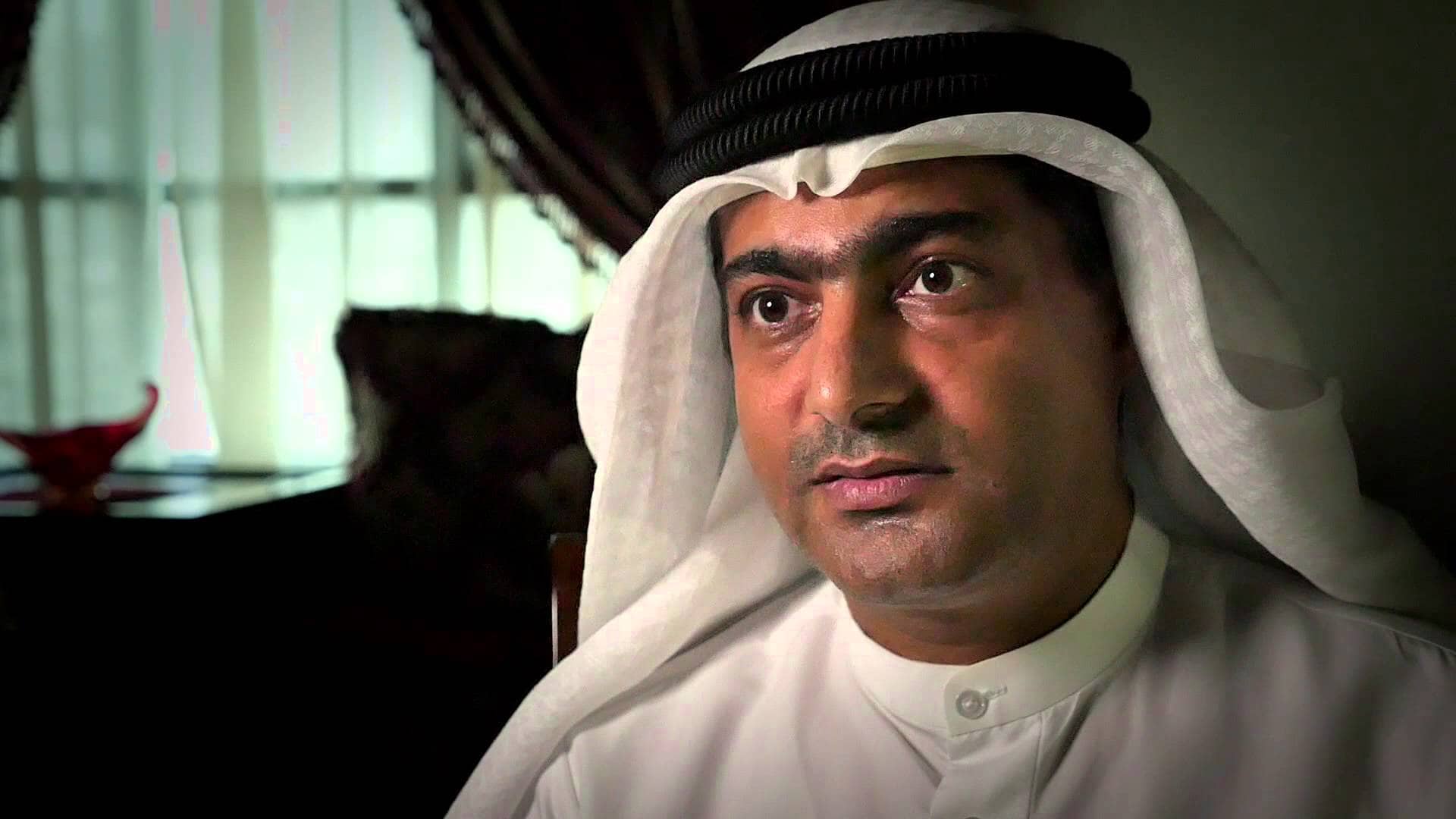Alwaght- UAE regime retaliated against rights activist Ahmed Mansoor after the publication of letters he wrote detailing his mistreatment and inhumane conditions in jail.
Two rights groups said on Friday that Mansoor has been denied access to critical medical care and transferred to a smaller and more isolated cell following revelations about his dire jail conditions.
The human rights defender’s reading glasses have also been confiscated, they added.
Mansoor faced retaliation after London-based news outlet Arabi21 published his letters, in which he explained how he was cut off from the outside world and fellow prisoners, with his phone privileges and visitation rights being severely restricted.
The letters also revealed that he has been held in solitary confinement since his arrest and that prison guards have confiscated his clothes, mattress, blankets and towels.
"What's worse, they cut off hot water from my cell during the extremely cold winter in the desert," one of the letters read.
"And they issued a directive that was hung in the police room to deprive me of any clothes with long sleeves as well [as] personal hygiene products and hot tea that gets served with some meals."
The cold in prison, Mansoor wrote, led to various health issues, including hypertension and frequent fevers.
The two rights groups have repeatedly called on the UAE allies in the West, including the US and the UK, to put pressure on Abu Dhabi to release Mansoor instead of helping the Persian Gulf country promote its narrative of a tolerant state.
The Emirati engineer, poet, and father of four was arrested in 2017 and sentenced to 10 years in prison the following year on charges relating to his human rights activism, including "insulting the status and prestige of the UAE and its symbols including its leaders" and "seeking to damage the relationship of the UAE with its neighbors by publishing false reports and information on social media.”
In his letters, Mansoor said he suspects the charges against him stemmed from emails he sent to NGOs and conferences in which he participated.
He had publicly criticized arbitrary arrests in neighboring Saudi Arabia.



























